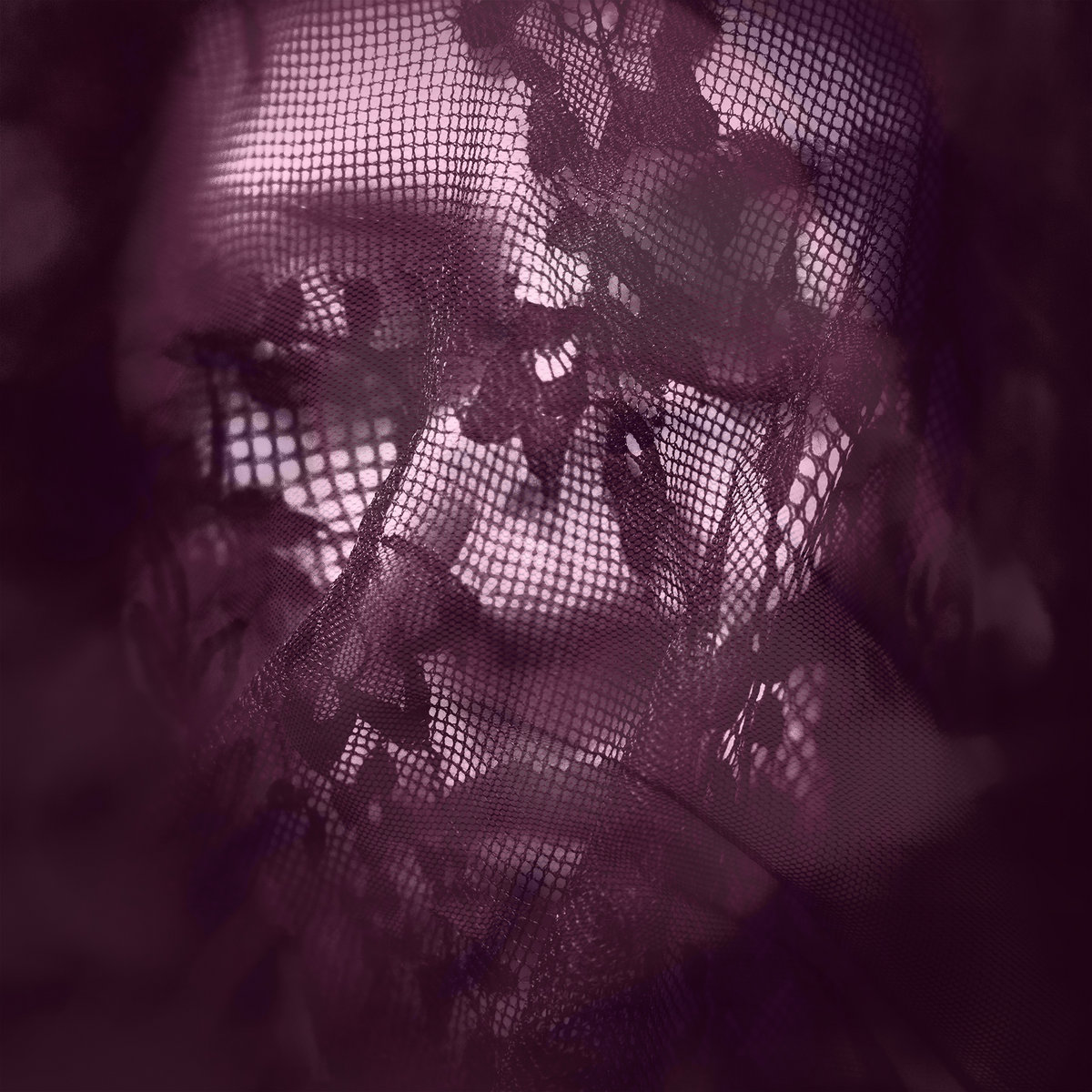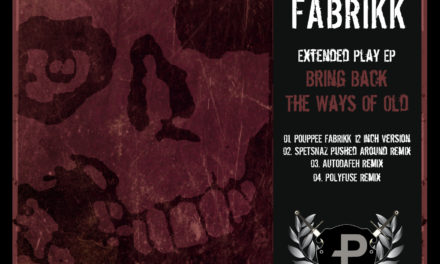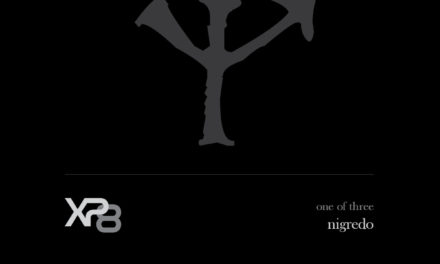
Madil Hardis
Visionary Sadness
self-released
More often than not, it seems that the modern interpretation of darkwave largely revolves around clubbability; whether part of the wave of post-Boy Harsher electronic acts, or the projects that cleave closer to classic post-punk, the sound associated with the genre is driven by bass and rhythm rather than by atmospherics. Not so with the UK’s Madil Hardis, whose voluminous catalogue features well over 20 releases of varying lengths since 2020, and whose style is of the classic ethereal darkwave variety as pioneered by numerous eighties 4AD acts and carried on by the Projekt label into the nineties. The songs on new LP Visionary Sadness are simultaneously some of Hardis’ most accomplished in the milieu, while also highlighting the ways that the sound can be limited by adherence to moody texture over fully-formed songs.
To put that latter statement in context, it should be noted that the LP is made up of some fourteen tracks, all between one and a half and three minutes in length. Calling them sketches would be a bit unfair, but Hardis is clearly using each song as a canvas for one single idea, developing it and letting it flow into the next, eschewing traditional pop song structures in favour of total dedication to atmosphere and design. Taken in that context there’s a lot to sink your teeth into here; for one thing Hardis’ voice is absolutely lovely and well suited to the style, allowing her to be both an earthy anchor of real emotion and longing as on “I Found You Again” (which evokes any number of classic This Mortal Coil cuts), and also as a ghostly presence barely distinguishable from the cloudy pads and reverbs that surround her, like on “Warm Dark Places”. Her presence is inextricable from each track and is frequently the thing that grounds the composition, holding her ground against the sinister bells of “Unbreak the Pieces of Me” and providing emotional grounding to the sad progression of “Unrequited”.
The downside is that the brevity of each piece and the fluidity of their structure makes it harder to hold onto any given moment, as each track gives way to the next in a torrent of hazy synthetic ambience. This is of course somewhat intentional: Hardis has done plenty of more pop-oriented work with various collaborators (we are particularly fond of her songs with Ashbury Heights) and plenty of soundtrack work, meaning she could likely spin any one of these individual moments into a fuller arrangement should she so desire. Having elected instead to let each of these moments stand on its own merits, Visionary Sadness plays more as an album of brief ambient excursions, albeit one whose unity of mood and structure helps reinforce the total experience for the listener. While there are moments that would be interesting to hear developed further (such as the affecting organ-led opening minute or so of “Today or Tomorrow”), the record works in fine fashion if taken on its own emotional, atmospheric terms.





